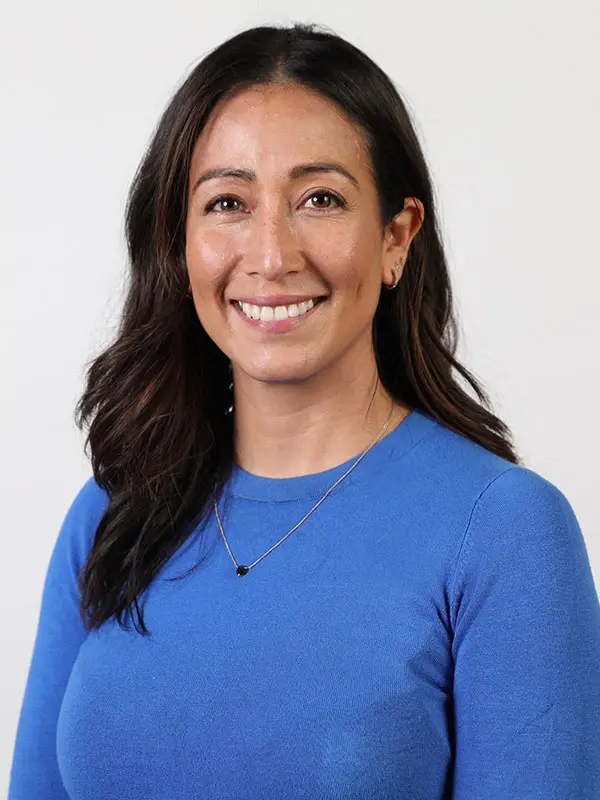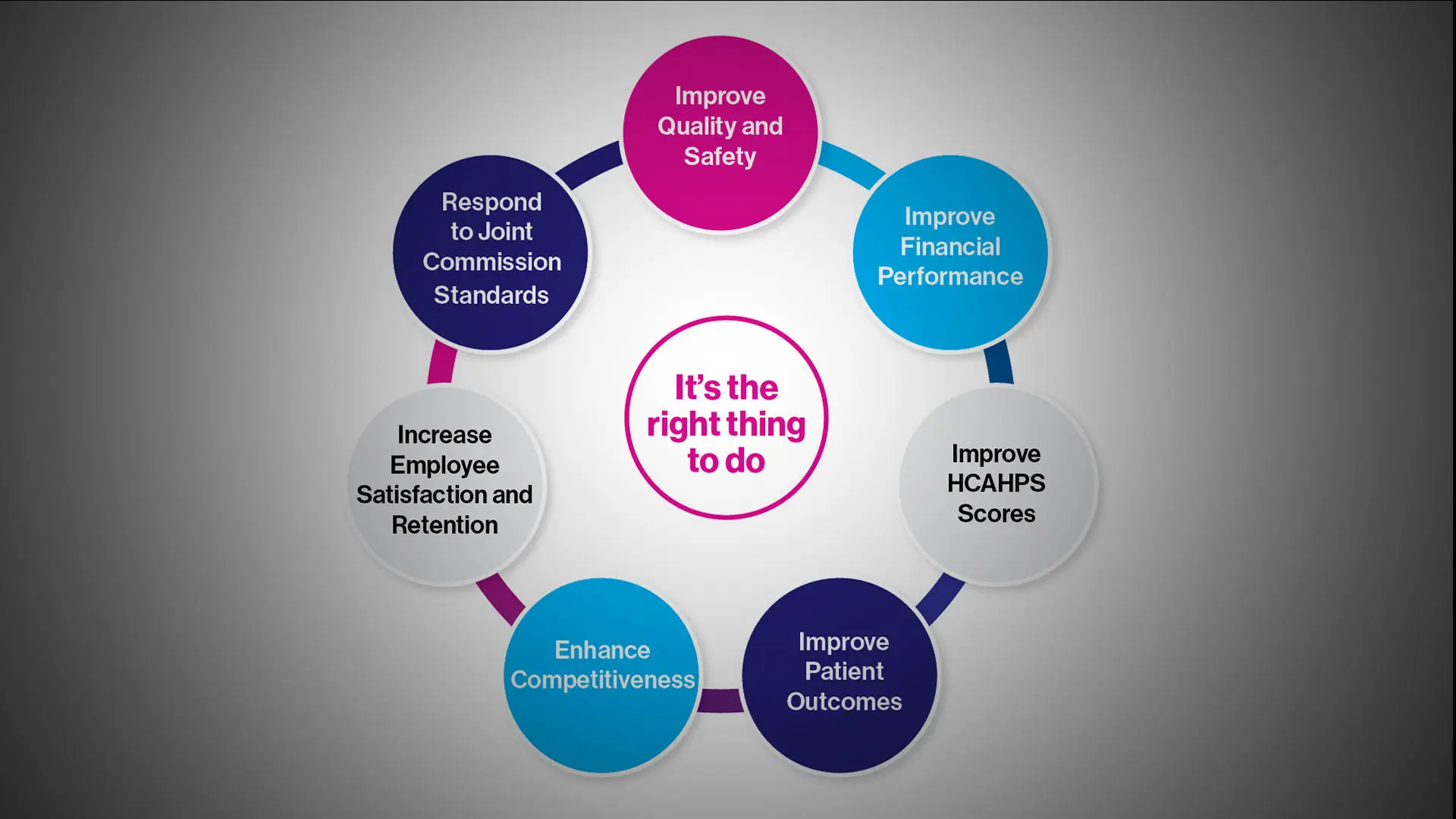Patient voices can often go unheard in health care. Hearing these voices—and the insights they provide—is important to improving the patient experience.
To that end, Mount Sinai in 2020 created the Patient-Family Partner (PFPP) Committee to standardize strategies for engaging patients and families in their care, aligning the existing patient and family partnership work across the Health System. The committee also serves as subject matter experts to aid in this collaboration.
In an important part of this engagement, patients are invited to join meetings of the formal Patient and Family Advisory Councils (PFAC), sharing their stories in relevant meetings, and joining improvement work groups and focus groups. This work creates an opportunity for patients and their families to take an active role as a partner in improving care. It also promotes staff engagement and helps them reconnect to their purpose.
“Health care is often inundated with data and metrics; patient story telling helps humanize the experience,” says Nicole Porto, Associate Director of Patient Experience, Mount Sinai Beth Israel. “Through storytelling, we allow the patient to teach our health care teams. Some stories are meant to inspire, others are to shed light on patients who have not had good experiences—in either case, the patient story teaches the staff and leadership.”
In 2020, PFPP held several patient focus groups, which led to changes in patient communication regarding data collection, and Emergency Department redesign. The team has adjusted patient-facing signage to address concerns raised such as: Why do providers ask about my race and ethnicity? What are they going to do with that information? This signage not only aims to help providers gain pertinent information regarding patients but also to build a sense of trust with the patient.
One patient at The Mount Sinai Hospital explains the importance of engagement in her own way:
“You’re the first touchpoint of an experience that will be different for every patient, but no matter how it goes, we just need you so badly. We need you to help us understand medical jargon, and to slow down the process when things start to go really quickly. Please ask us how we’re feeling, please ask us what we need, or if we’ve even eaten today. Please look at our charts and check for triggers of anxiety and depression. Tell us this will be hard, ask us about a plan for when we leave, and beyond all else, please remember and remind us that we’re important too. Tell us it’s OK not to be OK, and that we will learn how to do this. We really need you, and you’re so important.”
Our patients, in their own words
“As a family member who is closely involved in my brother's care, I can't speak highly
enough about Dr. S. He is one of the best doctors I've ever dealt with, and his care for my
brother is second to none. Even in a Zoom session, his presence was very much felt,
and we were able to have a good session in which he was able to observe my brother's
walking and other movements. He is truly one in a million.”
– Neurology, Union Square
Featured

Nicole Porto, MS, CPXP
Associate Director of Patient Experience and Engagement, Mount Sinai Health System
